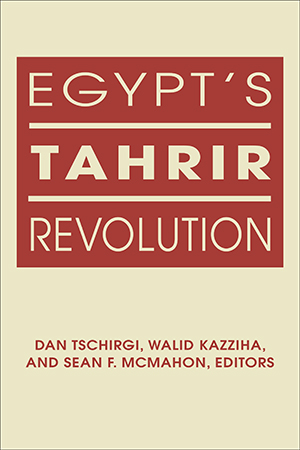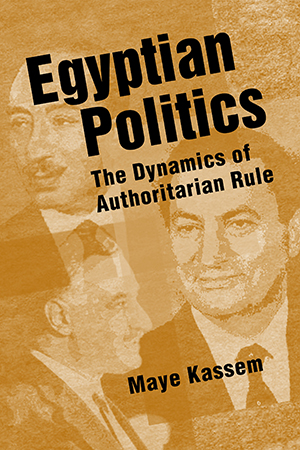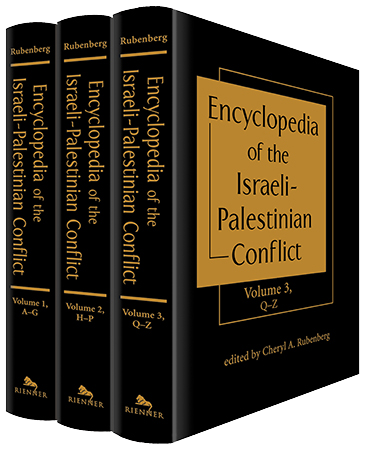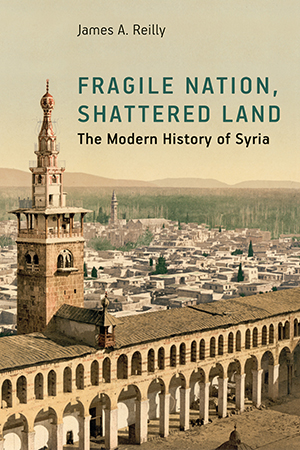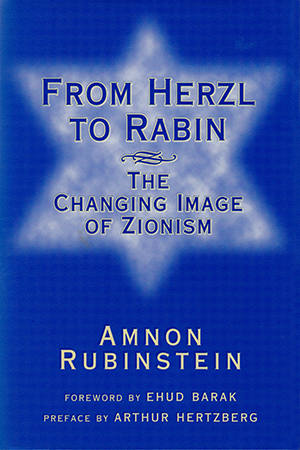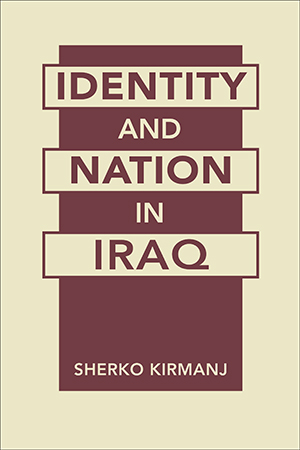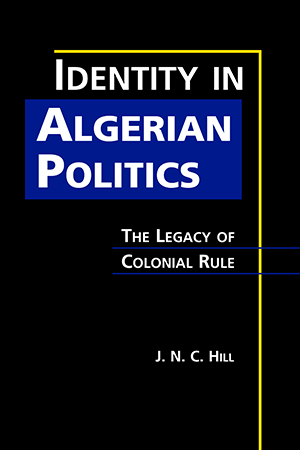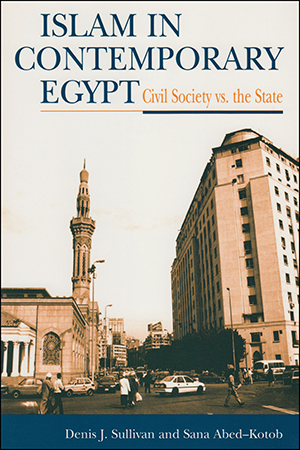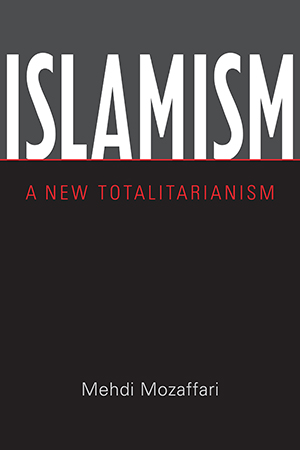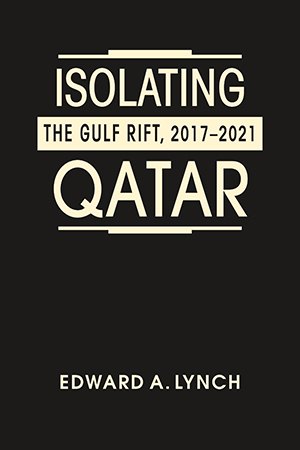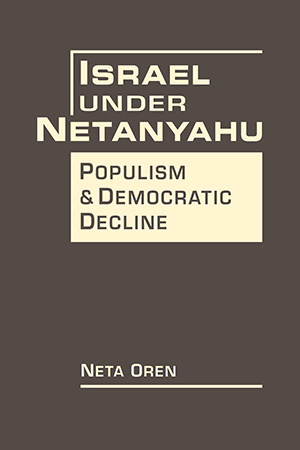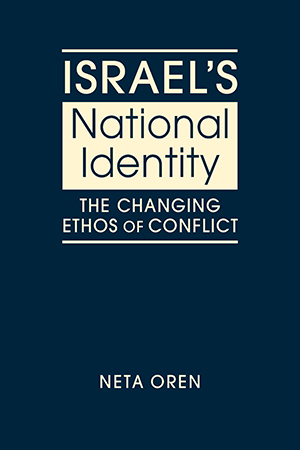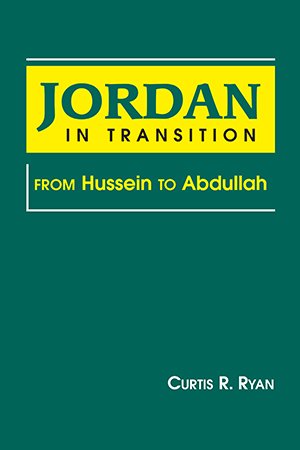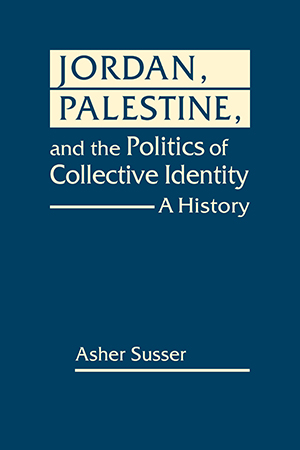Middle East Politics
The 18-day revolt that ended Hosni Mubarak's 30 years of rule marked a historic turning point in the political fortunes not only of Egypt, but of the entire Middle East. While the impact More >
Though the regimes of Egyptian presidents Nasser, Sadat, and Mubarak have been decidedly different, the nature of personal authoritarian rule in Egypt has remained virtually unchanged across More >
ForeWord Magazine's Reference Book of the Year! The three-volume Encyclopedia of the Israeli-Palestinian Conflict is the first authoritative reference source to provide comprehensive, More >
How did the lands that are today Syria survive the vicissitudes of centuries of Ottoman, Egyptian, and French rule, only to stand in ruins today, shattered by a brutal civil war? To provide More >
Amnon Rubinstein traces the history of the Israeli state, and of Zionism, moving deftly between the roles of objective historian and persuasive politician. More >
Choice Outstanding Academic Book! The role of gender in the Middle East and North Africa is widely discussed—but often little understood. Seeking to close that gap, the authors of More >
Sherko Kirmanj offers a balanced, critical analysis of the evolution of Iraqi national identity and the process of national integration, tracing a history of antagonisms and violence that More >
J.N.C. Hill explores the multiple causes of two decades of profound political change, social and economic upheaval, and bitter conflict in postindependence Algeria. Hill focuses on the More >
This unusually accessible book provides a comprehensive picture of Islam in contemporary Egyptian politics and society, emphasizing its diversity and heterogeneity. Tracing the development More >
What exactly is Islamism? And what explains its violent expansion in recent decades? Why are Islamists so determined to change the world order? Are there similarities between Islamism and More >
In June 2017, Bahrain, Egypt, Saudi Arabia, and the UAE announced a comprehensive boycott of Qatar. Diplomatic ties were severed, trade was banned, and airspace was closed. Qatari nationals More >
Discussions of democratic backsliding typically include examples from Hungary, Poland, Turkey, and even the United States, but rarely a mention of Israel. Neta Oren asks: Should scholars More >
In a country whose citizens have experienced prolonged exposure to intractable conflict, are there unique features to be found in Israeli society’s core beliefs? And how—and to More >
Jordan in Transition offers a cogent and compelling analysis of the country's domestic and international politics. Ryan argues that there have been four dramatic transitions in More >
In a sweeping narrative, Asher Susser traces the evolution of Jordanian politics through the prism of the kingdom's policies toward Palestine and the Palestinians. Susser shows how More >


